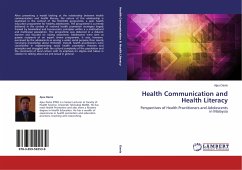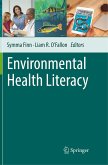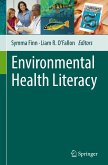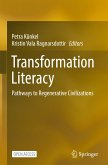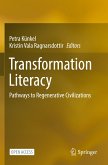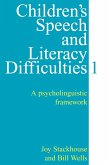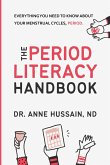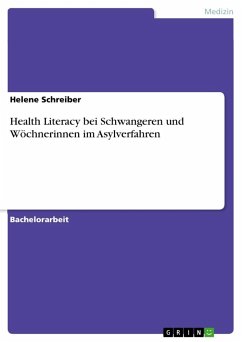After presenting a model looking at the relationship between health communication and health literacy, the nature of this relationship is examined in the context of the HIV/AIDS programme, a peer health education programme for healthy adolescents. The programme is currently delivered in the context of national health promotion strategies largely framed by biomedical and bureaucratic principles within a a multicultural and multiracial population. The programme was delivered in a didactic manner and focused on raising awareness. Adolescents were seen as passive recipients of an expert driven programme. It was, however, perceived by the adolescents as serving a wider social purpose than merely conveying knowledge about HIV/AIDS. Overall, health practitioners were constrained in implementing social health promotion theories and principles and struggled with the cultural complexity of the population and the constraints of local culture with its emphasis on stigma and taboo in relationto talking about sex and sexual in general.

